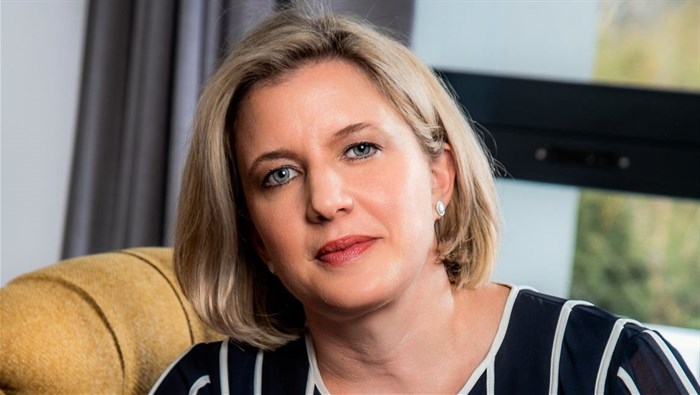Are hybrid workforces the solution for the future of work?
As the restrictions that were put in place to combat Covid-19 have been lifted, some companies have opened their offices and employees can expect a very different workplace to the one pre-pandemic. It is now clear that the implications of the Covid-19 pandemic have resulted in new norms of working worldwide and a new structure of a hybrid work model is emerging. This new structure will allow employees to create a work from home schedule at their convenience while still having the option to come into the office to connect with colleagues on their teams. The hybrid work model can be fully supported by strategic planning and technology to keep employees connected, whether they choose to be in the office or working remotely. To build an inclusive hybrid culture, it is critical to place the remote worker at the centre of all company activities. Companies with a strong hybrid culture will need to focus on developing a digital culture that will include experiences for remote employees and allow teams to complement those with in-person events.

Sigrid Müller
The future of the workplace
The workplace will look very different in the next five years. Before the pandemic, there was a shift to more flexible work patterns and the pandemic has significantly accelerated this change. At Standard Chartered, we do recognise this change and continue to find new ways of working and flexible options that will work for both the organisation and employees. The office environment is still important but how space is designed and utilized will need to adapt to the current circumstances. There will be a greater need for collaborative space that will allow cross-functional teams to get together for idea generation, work on specific projects and initiatives if required. New technologies will need to be fully utilised to allow members to either be physically present or join remotely to contribute to the outcome.
Employees are now working longer hours since working remotely and lines are being blurred between home and work life. Organisations need to support their employees in enabling them to build resilience and find the balance that works for them and the organisation. Employee well-being is important and there is no better time than now for organisations to focus on this. People leaders need to stay in touch with staff to assist those who have been battling to adjust to this new way of working. Transparent and frequent communication will help employees be engaged and be part of the team. Looking at new ways of working which listens to the needs of employees will help to maintain morale and improve it.
Company culture and management styles post-pandemic
Company culture needs to be identified and it needs to be embedded in the organisation's way of working. Organisations need to embrace new technologies and new ways of working to remain relevant and competitive. In 2020, Standard Chartered launched a new online learning platform enabling all employees to drive their learning and development. This was done by identifying their areas of interest, learning at the employees’ own pace in their own space while giving them relevant and up to date content to be at their fingertips. Effective leaders need to create the space to not only engage their teams on work-related matters but also engage on a more social level. It is also important to have team engagements just to check in with employees and how they are managing their challenges.
Leaders must embrace new ways of working, provide authentic leadership to their teams and at the same time be vulnerable and accessible to their teams. This will not be an easy transition but a very important one to keep employees involved and motivated. In a post-Covid-19 era, organisations must leverage this opportunity to measure their internal shortcomings and address these through the execution of a comprehensive digital workplace. At the end of the day, the true measure of a successful team is the positive delivery of key objectives.
About Sigrid Müller
Sigrid Müller, Head of Human Resources, South & Southern Africa at Standard Chartered Bank






































